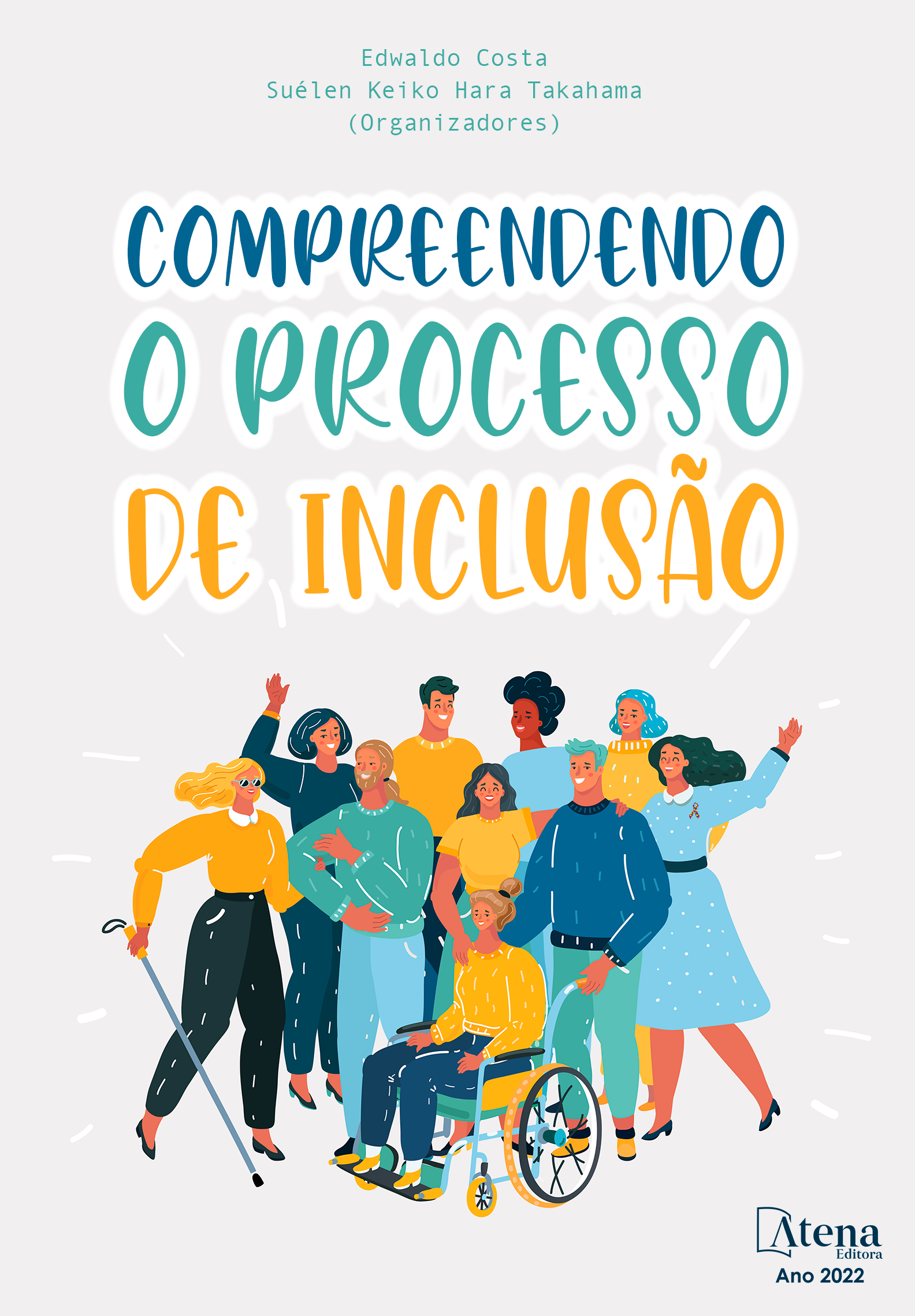
ANÁLISIS DEL LENGUAJE ORAL EN PERSONAS CON DISCAPACIDAD AUDITIVA: FUNDAMENTOS PARA LA INCLUSIÓN EDUCATIVA
Este artículo pretende hacer énfasis en la importancia del lenguaje oral, utilizado en personas con discapacidad auditiva, apuntando hacia una nueva visión para futuras generaciones de individuos con esta condición con un enfoque comunicativo y humanista. Hasta el día de hoy, algunos piensan que es imposible que una persona con discapacidad auditiva desarrolle un lenguaje oral y que por lo tanto si no escucha tampoco habla y que los procesos cognitivos son diferentes a los de los oyentes. El lenguaje oral permite una inclusión en todos los contextos y ámbitos de la persona, iniciando principalmente por la escuela, ya que es base fundamental para ir formando ciudadanos autónomos y con valores. La metodología que se utiliza es cualitativa, utilizando la revisión bibliográfica e historia de vida, como recomendación por considerarse una de las mejores formas para abordar este tipo de problema.
ANÁLISIS DEL LENGUAJE ORAL EN PERSONAS CON DISCAPACIDAD AUDITIVA: FUNDAMENTOS PARA LA INCLUSIÓN EDUCATIVA
-
DOI: 10.22533/at.ed.8512218053
-
Palavras-chave: lenguaje oral, discapacidad auditiva, inclusión, terapia auditiva verbal
-
Keywords: oral language, auditory disability, inclusion, verbal auditory therapy
-
Abstract:
This article intends to emphasize the importance of oral language, used in people with auditory disabilities, aiming at a new vision for future generations of individuals with this condition with a communicative and humanistic approach. Until today, some people think that it is impossible for a person with hearing impairment to develop an oral language and that for the time being they do not listen to speech and that the cognitive processes are different from those of the listeners. Oral language allows for inclusion in all contexts and areas of the person, starting mainly with the school, which is a fundamental basis for training autonomous citizens with values. The methodology used is qualitative, using the bibliographic review and life history, as a recommendation because it is considered one of the best ways to approach this type of problem.
-
Número de páginas: 7
- Guadalupe Esther Gil Chávez
- Araceli Contreras Robledo
- Martha Mónica Salcedo Camacho
- Esther Gil Chavez


